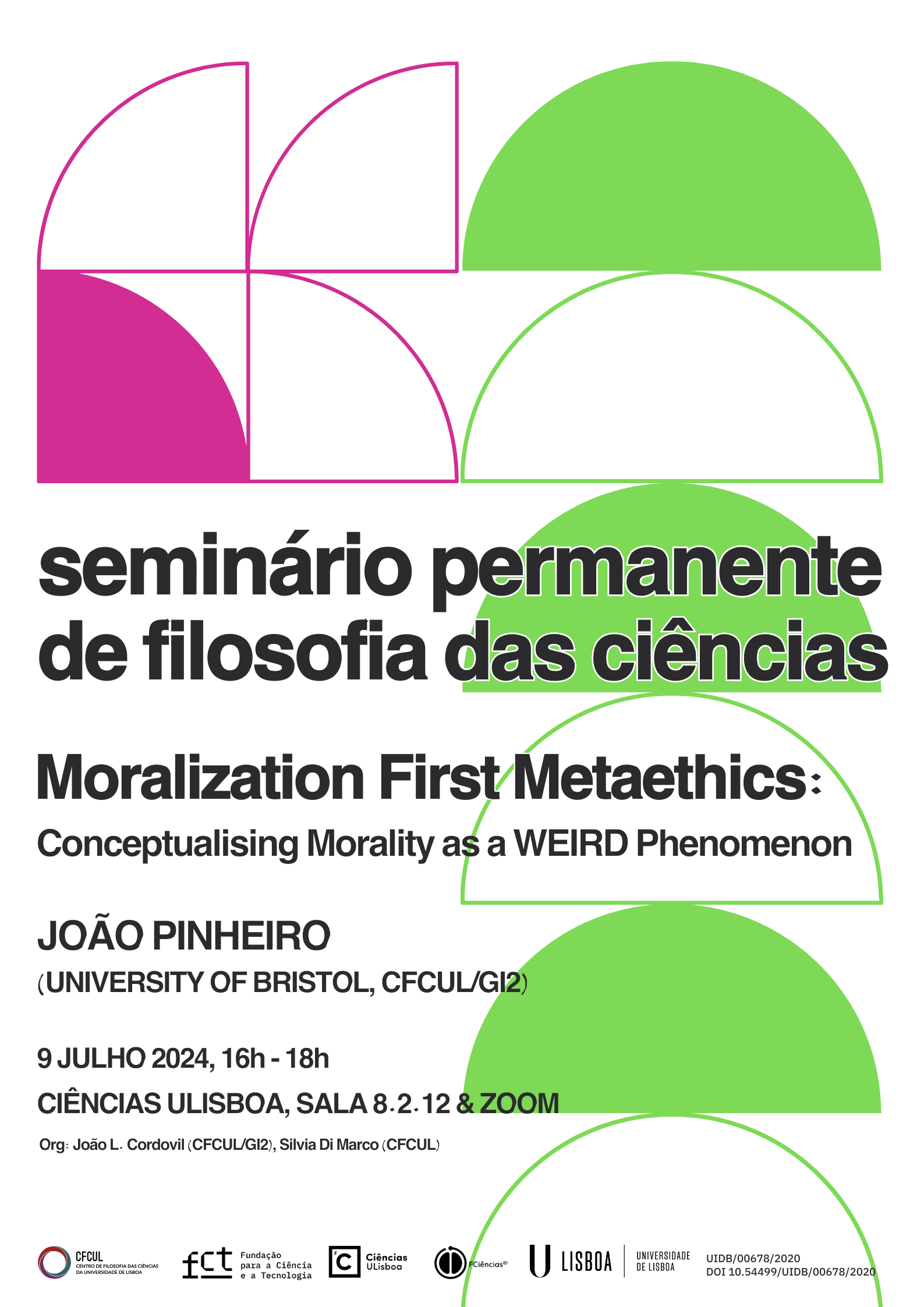
Abstract
Morality is an elusive concept, there being no consensus as to its definition. But this has not deterred metaethicists. To cope with this elusiveness, metaethicists have long made a move resembling that from knowledge first epistemology: they begin their theorising by assuming a universally true and rigid moral/nonmoral distinction. However, recent work in holocultural normative psychology and experimental metaethics sheds doubt on the tenability of this distinction. For instance, in the Western canon of moral and political philosophy, we traditionally cut off conventions from morality. However, as it turns out, cross-cultural social psychology consistently reveals that beyond so-called WEIRD populations (WEIRD standing for “western, educated, industrialized, rich, and democratic”), conventions are commonly moralized by the folk. Simultaneously, there is evidence in support of the hypothesis that the way WEIRD people develop their normative psychology is owed to specific sociocultural conditions their populations have experienced over their cultural evolution. These observations (among similar others) invite the thought that morality is a WEIRD phenomenon. But although this empirical hypothesis has been gathering support within the sciences of ethics, its normative and metanormative implications are yet under-theorised. To begin remedying this situation, we suggest metaethics needs to undergo a methodological change: metaethics must begin with moralization. To illustrate this novel approach, we will consider how the above-mentioned “morality as WEIRD” hypothesis may weigh in on three classic ways of conceptualising morality: (1) empirical explication, (2) conceptual engineering, and (3) describing it as a robust but non-natural phenomenon.
Informações
O seminário será realizado presencialmente, na sala 8.2.12, mas será possível assistir também em videoconferência, via Zoom.
Link Zoom
https://videoconf-colibri.zoom.us/j/94335990855?pwd=AaZjtgS2NmFaXaLHFdP1qY6OmsjGrH.1
Password: 033077
Sala 8.2.12
Faculdade de Ciências da Universidade de Lisboa
Edifício C8, Piso 2
Campo Grande, Lisboa
Contacto
cfculcomunica@fc.ul.pt